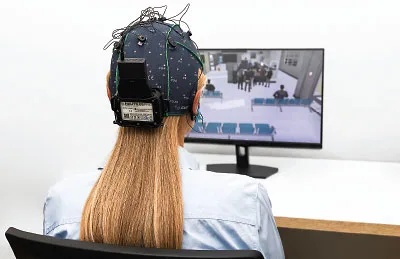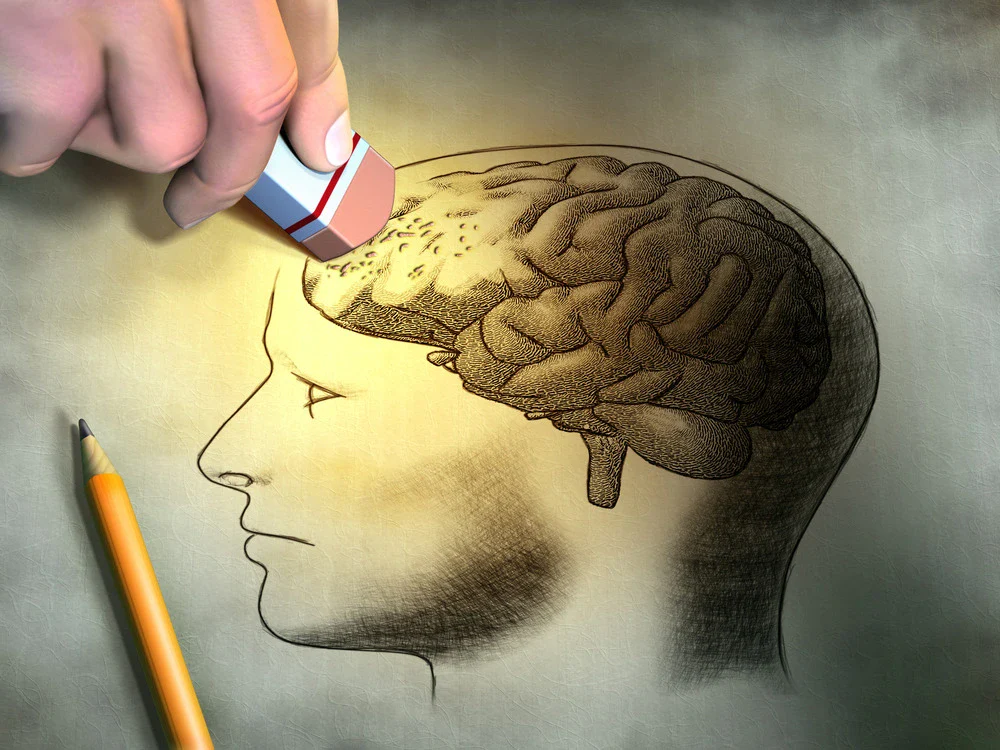Complex PTSD is a relatively newly named disorder as far as being differentiated from standard PTSD. In recent years, numerous medical specialists proposed that the conventional PTSD diagnosis may not adequately encompass the profound psychological damage resulting from continuous or protracted trauma. When a person endures persistent abuse or traumatic events for an extended duration of time, they often exhibit supplementary symptoms that are not encompassed in the standard PTSD diagnostic criteria. This led to the creation of a Complex PTSD, or C-PTSD, diagnosis.
Complex PTSD Symptoms
The symptoms of C-PTSD largely align with those of conventional PTSD. Individuals may experience flashbacks, memory loss, or avoidant behavior surrounding triggers that remind them of the traumatic experience. However, with C-PTSD, additional, more intense or complicated symptoms also arise. Common complex PTSD manifestations can include:
- Altered self-perception: Individuals with C-PTSD may possess negative self-image, experience shame or guilt, struggle to trust others, and feel fundamentally distinct from others.
- Challenges in consciousness: People may re-experience traumatic events, struggle with recalling these events, or undergo dissociation, feeling disconnected from their physical and mental processes.
- Relationship changes: Those with C-PTSD might find it difficult to establish and sustain healthy relationships, be more susceptible to exploitation or manipulation, and fear abandonment.
- Affective dysregulation: Individuals could face challenges in managing their emotions, undergo intense and fluctuating emotions, and struggle to control their anger.
- Somatization: People with C-PTSD might exhibit physical symptoms like chronic pain, fatigue, and gastrointestinal issues linked to psychological distress.
- Perpetrator perception distortion: Individuals might obsess over their relationship with the perpetrator, seek revenge, or ascribe complete power to the perpetrator.
C-PTSD symptom intensity can differ between individuals and over time. Symptoms could become more frequent or pronounced during stress or when reminded of the traumatic event. Seek immediate help from a doctor or mental health professional if experiencing suicidal thoughts.
Complex PTSD is frequently misdiagnosed as borderline personality disorder (BPD). Given the striking similarity in symptoms, not all professionals are aware of C-PTSD. If your diagnosis seems misaligned with your feelings, discuss it with a mental health professional to ensure appropriate treatment.
How Does Someone Develop C-PTSD?
C-PTSD may arise from enduring intense, persistent, or recurrent trauma, such as:
- Neglect, abuse, or abandonment during childhood
- Prolonged domestic abuse or violence
- Repeatedly witnessing abuse or violence
- Torture, kidnapping, or enslavement
- Being a war prisoner
Certain risk factors might increase the likelihood of developing C-PTSD:
- Experiencing trauma at a young age or encountering multiple traumatic events
- Unlikely or impossible escape or rescue from the situation
- Harm inflicted by someone close to the individual
- A history of mental health issues
- Insufficient social support
- A family history of mental health problems
Personal factors, such as genetics and coping strategies, can also contribute to an individual’s vulnerability to developing the disorder.
How is C-PTSD Treated?
Treatments for C-PTSD largely resemble those for standard PTSD, but individuals may require intensive, long-term support to recover. A comprehensive treatment plan should also address any accompanying issues, such as depression, anxiety, or dissociation.
Cognitive Behavioral Therapy (CBT) is grounded in the notion that thoughts, emotions, and behaviors are interrelated, and modifying thoughts and behaviors can result in emotional changes. CBT for PTSD typically encompasses several elements:
- Exposure therapy: This method involves gradually confronting and desensitizing the individual to the traumatic memory or triggers within a secure, controlled setting. This can help diminish fear and avoidance related to the traumatic event.
- Cognitive therapy: This approach identifies and challenges negative thoughts and beliefs about the traumatic event, such as guilt or self-blame, and replaces them with more balanced and realistic perspectives.
- Relaxation and stress management techniques: Techniques like breathing exercises, muscle relaxation, and mindfulness can help alleviate anxiety and hyper-arousal symptoms associated with PTSD.
- Education: Providing information about PTSD and trauma’s impact on the brain and body can help the person comprehend their symptoms and learn how to manage them.
Eye Movement Desensitization and Reprocessing (EMDR) is a therapeutic approach that assists individuals in processing traumatic memories, reducing the adverse effects on their emotional well-being. EMDR is founded on the premise that traumatic memories are stored differently in the brain compared to regular memories, and by utilizing EMDR, these memories can be “processed,” diminishing the emotional distress they provoke.
During EMDR therapy, the individual concentrates on a traumatic memory while the therapist directs their eye movements or employs other forms of bilateral stimulation. This is thought to replicate the rapid eye movements occurring during REM sleep, facilitating the brain’s processing of the traumatic memory. The person is also asked to focus on various aspects of the traumatic memory, including their emotions and thoughts about the event, and to assess the distress level linked to the memory. As the individual recounts the traumatic memory, the distress level should decline. Furthermore, the therapist instructs the individual in coping strategies and skills to help manage their symptoms and decrease their responses to triggers.
Transcranial Magnetic Stimulation (TMS) is a non-invasive technique that employs magnetic fields to activate nerve cells in the brain. TMS has been researched as a potential therapy for Post-Traumatic Stress Disorder (PTSD) since it may help alleviate anxiety and depression symptoms associated with PTSD. TMS is administered using a device that generates a magnetic field, which is then targeted at specific brain regions believed to play a role in mood and anxiety regulation. The magnetic field induces an electrical current in the brain, which can stimulate nerve cells and alter their activity.
Ketamine has demonstrated rapid antidepressant and anti-anxiety effects. The medication functions by binding to a particular receptor in the brain known as the N-methyl-D-aspartate (NMDA) receptor. It is hypothesized that by interacting with this receptor, ketamine can modify the brain’s processing of traumatic memories and reduce the emotional distress connected to them. Recent studies have also shown the potential for ketamine to treat PTSD effectively.
Neurofeedback, also known as EEG biofeedback, is a form of therapy that utilizes real-time monitoring and feedback of brain activity to enable individuals to learn self-regulation of brain function. It has been investigated as a potential treatment for Post-Traumatic Stress Disorder (PTSD), as it may help alleviate anxiety and depression symptoms related to PTSD. During neurofeedback, sensors placed on the scalp measure the brain’s electrical activity (EEG), which is then displayed on a computer screen in real-time, allowing the individual to observe and learn to control their brain activity. In treating PTSD, neurofeedback typically emphasizes training specific brainwave patterns, such as theta and alpha waves, which are linked to relaxation and emotional regulation. By mastering the control of these patterns, the individual may be able to mitigate PTSD symptoms. We have patients travel from all over the country who are searching for mental health treatment near them. Contact us today for more information about complex PTSD treatment options.
























